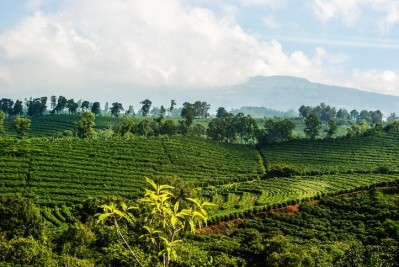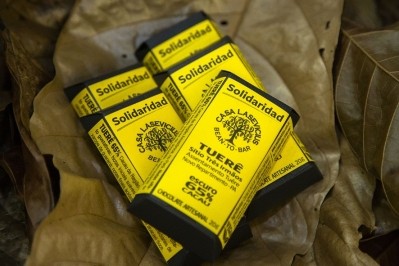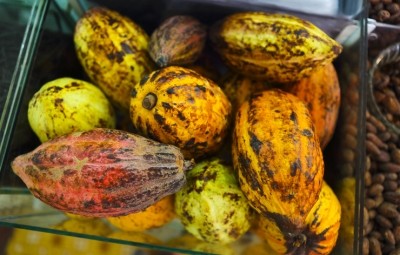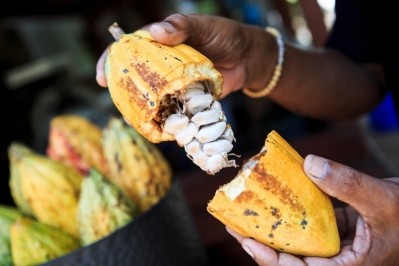Digitizing the cocoa value chain in Honduras
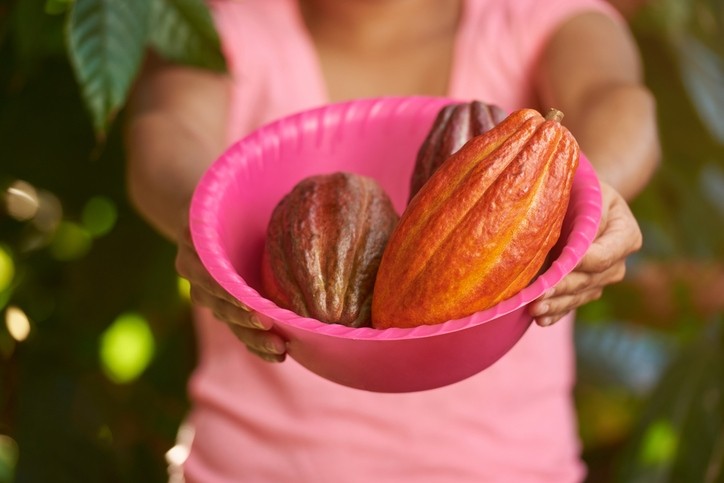
The three-year project, Chocolate-4-All, was approved in November last year and is currently being carried out. In total, 1,200 small-scale farmers - all members of four cooperatives or associations in the Olancho department in central Honduras - will benefit.
“Small-scale cocoa production faces several challenges […] such as inadequate management practices, and low levels of technology. This results in low productivity, limited quality, scant production volume, and low prices, all of which increase the economic vulnerability of producer families," said the Inter-American Development Bank.
“To address these challenges, the Chocolate-4-All project identifies and promotes grassroots social innovation and technology to scale, focusing on knowledge management and transfer to strengthen cocoa sector competitiveness locally and nationally.”
The farmers involved in the project will learn to use blockchain-based systems to manage their value chain data as well as drones and sensors to monitor farms. ShadeMotion simulation software will also allow for more precise cocoa crop management and help optimize production yields. Other technologies that are being rolled out include local Enterprise Resource Planning (ERP), the Internet-of-Things (IOT) and artificial intelligence systems.
These will ensure traceability in the supply chain via a registry that collates data on farming activities and resources used in each step of the production chain, such as costs or changes in how the crop is handled.
Gladis Morena, senior specialist at IDB Lab - the innovation laboratory that mobilizes finance and connections for development in Latin America and the Caribbean - told FoodNavigator-LATAM the project is working with small-scale cocoa producers who have been excluded from innovations up until now.
“Chocolate-4-All puts these technologies to use on small-scale farms, where they have the potential to boost production and open up new market opportunities. The producers will benefit in many ways but mainly by obtaining a better price for their cacao by offering products that come from an ethical value chain.”
She added: “All of this [technology] encourages transparency in all the links of the chain."
The project will also make Honduran cocoa agroforestry systems more resilient to climate change shocks, according to IDB.
Chocolats Halba, industry partner
The project has a private sector partner, Chocolats Halba, a Swiss B2B supplier and private label manufacturer. The company, which has had a subsidiary in Honduras since 2013, is looking to increase its current cocoa purchases in Honduras from 500 metric tons to 1,000 metric tons.
According to Morena, the biggest challenge so far has been the cultural aspect, getting smallholders to understand the advantages and opportunities that come with change and embrace digitization.
The next challenge, however, will be ensuring capital investment, said Morena.
The Honduran cocoa sector is made of around 3,650 cocoa producers of whom 57% are members of farming cooperatives or associations, according to IDB. The Honduran government has identified the sector as part of its development plan, the Agri-food Sector Strategic Plan 2014-2018.
